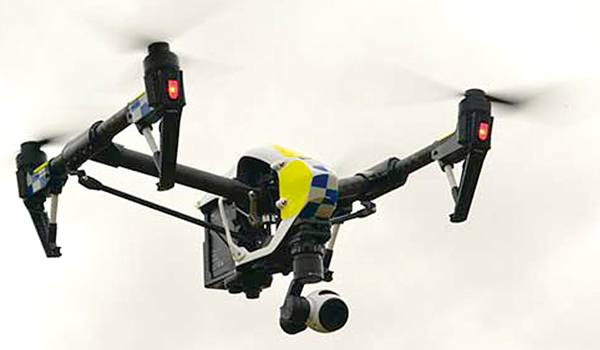Attacks on critical infrastructure systems and cyber warfare will increase in 2009
Police e-crime units face a tough year if they are to make headway in the fight against organised online crime, according to a new report from security intelligence firm VeriSign iDefense Security Intelligence Services.

Police e-crime units face a tough year if they are to make headway in the fight against organised online crime, according to a new report from security intelligence firm VeriSign iDefense Security Intelligence Services.
The report highlights that 2008 was the time security threats and malicious activity reached a tipping point, and 2009 stands to be the year critical infrastructure systems become prime targets for cyber criminals and that the global financial crisis will be exploited for a variety of malicious activities.
The report, 2009 Cyber Threats and Trends, states: Over the course of the past year, cyber crimes continued to increase in both frequency and severity thanks to new exploits and organisations to perpetrate them. Cyber cartels, groups of young and modern cyber criminals likened by VeriSign iDefense to drug cartels of the 1980s, targeted commercial not individual banking accounts for fraud operations and security measures meant to protect those accounts and routinely defeated the protections.
Additionally, cyber warfare has become a reality in todays political climate, and several regions are seeing a rise in politically and financially motivated activities.
According to VeriSign iDefense, Russian hackers are the most effective group when it comes to cyber fraud, while Chinese hackers utilise amateur hacking groups for low-level espionage operations.
The cyber security landscape has fundamentally changed where script kiddies no longer perpetrate the lions share of malicious activity online, said Jason Greenwood, vice president and general manager, VeriSign iDefense Security Intelligence Services. Professionalised cyber criminals, the rise of cyber cartels or extremists using online fraud as a means to fund their operations, and cyber espionage and warfare show how we have entered a new era of online security threats.
Rick Howard, intelligence director at VeriSign iDefense Security Intelligence Services, added: Though we have outlined a number of trends we expect to see in 2009, we also believe other disruptors will begin in the coming year and will pose hardships for security professionals in the years to come. The increased use of mobile phone platforms, virtual worlds, and the interconnection of devices with the implementation of IPv6 (Internet Protocol version 6, the next-generation Internet layer protocol) will provide new attack vectors that must be considered now, before they take hold.
In its latest Web Security Trends Report, web security specialists Finjan highlights that PDF and Flash files containing obfuscated malicious code are now being used by cybercriminals to infect PCs.
Cybercriminals are taking advantage of the specific functionality available in Flash ActionScript that enables the Flash file to interact with its hosted web page (DOM). They embed their malicious code in Flash files and dynamically inject it into the hosting DOM to exploit a browser-vulnerability and to install a Trojan.
Using rich content applications such as Flash files to distribute malicious code has become the latest trend in cybercrime, said Yuval Ben-Itzhak, CTO of Finjan. It enables cybercriminals to hide their malicious code and later exploit end-user browsers to install malware.
He added: Cybercriminals will continue to be highly successful in their crimeware attacks, deploying the latest technologies, especially sophisticated data-stealing Trojans. By staying ahead of traditional security methods, they will keep on maximising their considerable profits.


